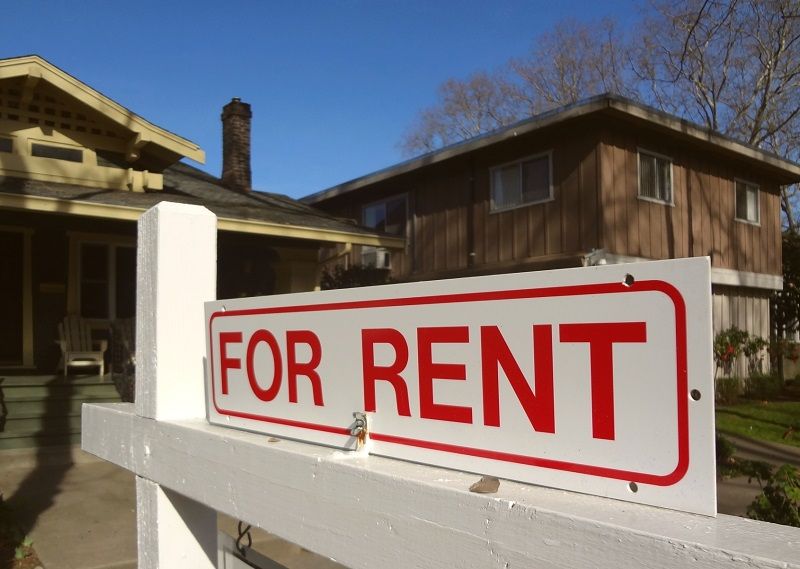Summary: The U.S. has survived much worse policies and attitudes than our current economic crisis. A country can take many setbacks before it crumples, so here are three action steps I recommend in planning for the future.
“Why aren’t you gloomy?”
A couple of people asked me this question after my recent economic briefing at Cascade Policy Institute’s Legislative Leadership Forum at the state capitol in Salem.
There is certainly good reason to be gloomy. The government bailouts have seriously messed up market incentives. People who made mistakes have been insulated from the consequences they deserved, while others who did the right thing are paying the bill.
The huge budget deficits that the government is building up will haunt us in the future. There is no doubt that they are not good—and they’ll get much worse before they get better.
The mood of the country is supportive of more government involvement in the economy. That always ends up badly.
So how can I be upbeat with all of this bad news? Perspective. Our country has survived much worse policies and attitudes. Back in the Great Depression, 41 percent of the public favored government ownership and control of banks. Currently only 14 percent favor nationalization. That’s 14 percent too many, but not nearly as bad as it used to be. The experience with socialism in countries around the world has proved telling, and even the liberals in America recognize that private operation of most enterprises is preferable to government ownership.
During the recessions of the 1970s, I heard a lot of talk that periodic crises were inherent in a capitalist economy. The Marxists took every downturn as proof that the nature of a free market economy was disastrous. Today the mood is different. There is a sense that this sort of recession shouldn’t happen, that we need to find the people responsible, punish them, and then fix the system so that this never happens again. Much of this discussion is ill-informed, but it’s better than thinking that capitalism is fundamentally flawed.
There’s not much doubt that taxes will go up. President Obama wants tax hikes on upper-income households, and the fast-growing debt pretty much ensures higher taxes for everyone in the future. However, no one in the current administration is proposing anything close to the pre-Reagan tax rates, when the top marginal tax bracket was 90 percent. Although policy looked pretty bad back in the Jimmy Carter days, the nation survived, and even thrived in the following decade.
The bailout and stimulus proposals constitute a major burden on the private sector, but we’ve been burdened before. Think back to the Lyndon Johnson administration, with rising social expenditures, a costly overseas war and rising inflation.
More regulation is coming to financial institutions, as well as to other businesses. However, we’re not going back to regulation of the airlines, of trucking, of broadcasting. Even bank regulation is not a full-blown retreat from free market principles, because the free market has been absent for quite some time. Many, many decades ago, government guarantees to depositors led to regulation of banks. Now we are arguing “type of regulation,” rather than making a wholesale change in philosophy.
When the American colonies won a victory at Saratoga, Sir John Sinclair said to Adam Smith, “If we go on at this rate, the nation must be ruined.”
Adam Smith replied, “Be assured young friend, that there is a great deal of ruin in a nation.” He meant that a country can take a good many setbacks before it crumples. He probably also would have noted that the greater the country, the more bad policy that it can tolerate.
The final reason why I don’t get caught up in the doom and gloom attitude is that I prefer actionable lessons. If you think we’re going to Hell in a handbasket, what do you do about it? Find a cave and stock up on Kruggerands and canned goods? That’s not for me.
Here are the action steps that I recommend:
In your personal planning, assume higher tax rates. That means you’ll need even more pre-tax income for your retirement. However, our economy still offers opportunities for the industrious.
For your business plans, assume more regulation, more external scrutiny of your business decisions, and higher tax rates.
In your charitable decisions, assume a greater need for the philosophy of freedom. Our government will provide more social services, more health care research, even more arts spending. What they won’t do is tell people that human beings have inalienable rights. The politicians will not tell people that pursuit of self-interest leads us to serve the needs of others. They won’t say that politicians and bureaucrats will pursue their own agendas, not the “public’s” best interests. Somebody else will have to say these things. That somebody is Cascade Policy Institute and its sister organizations around the country and around the world.











